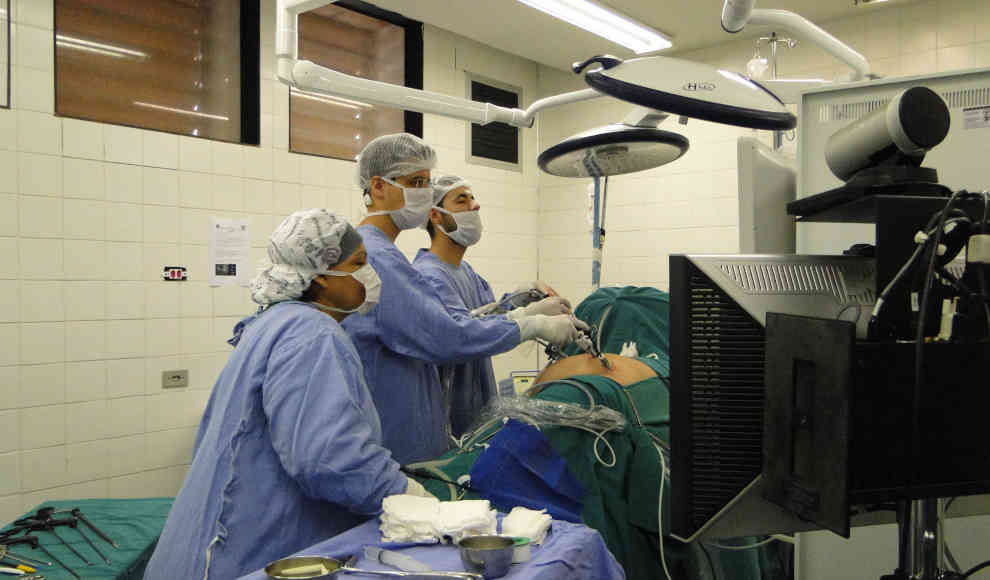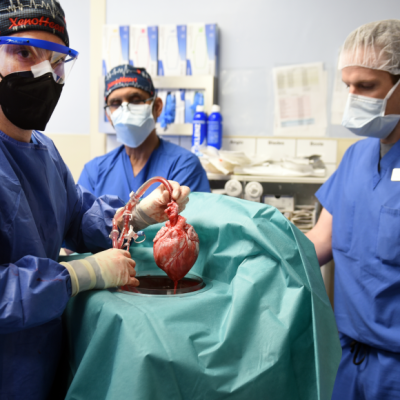In a groundbreaking medical breakthrough, doctors in Essen, Germany have successfully transplanted seven kidneys from donors infected with Hepatitis-C. The recipients were then treated with antiviral medication, which effectively suppressed the virus in all cases. This development is significant, as it could potentially increase the number of available organs for transplant, especially since many organs are currently unusable due to infectious diseases like Hepatitis-C.
According to statistics from the Federal Centre for Health Education (BZgA), approximately 9,500 people in Germany are currently waiting for organ transplants. The short storage time between removal and transplantation, which currently stands at nine hours, and the low number of organ donors are the main reasons why many patients die while waiting for a transplant. Additionally, many organs cannot be used because their condition could endanger the recipient’s health, such as when the donor has an infectious disease like Hepatitis-C.
To address this issue, researchers at the University of Duisburg-Essen investigated whether organs from donors with Hepatitis-C could be used for transplants. Until now, these organs were not transplanted because the operation would inevitably transfer the liver-destroying infection to the recipient. However, the researchers found that infected donor organs could still be used because antiviral medication can effectively treat Hepatitis-C in the recipient.
The doctors at the University Hospital in Essen successfully transplanted seven kidneys from Hepatitis-C infected donors to patients who had no suitable donor available. As expected, the Hepatitis-C virus was detected in the recipients’ bodies shortly after the operation. However, the doctors immediately started treatment with antiviral medication, which lasted for eight to twelve weeks. According to the researchers, this treatment was successful in all cases, meaning that the transplanted kidney functioned properly and the recipient’s liver was not damaged by the Hepatitis-C virus. After treatment, the virus was no longer detectable in the patients’ blood.
Co-author Ute Eisenberger stated that “thanks to the expertise of our clinics and surgeons, organs that were previously considered unusable were successfully transplanted in Essen.” While the sample size is still small, Eisenberger believes that “early antiviral medication is feasible and safe.” Further research will now determine the optimal therapeutic approach for patients. This breakthrough could potentially save countless lives and increase the number of available organs for transplant.










